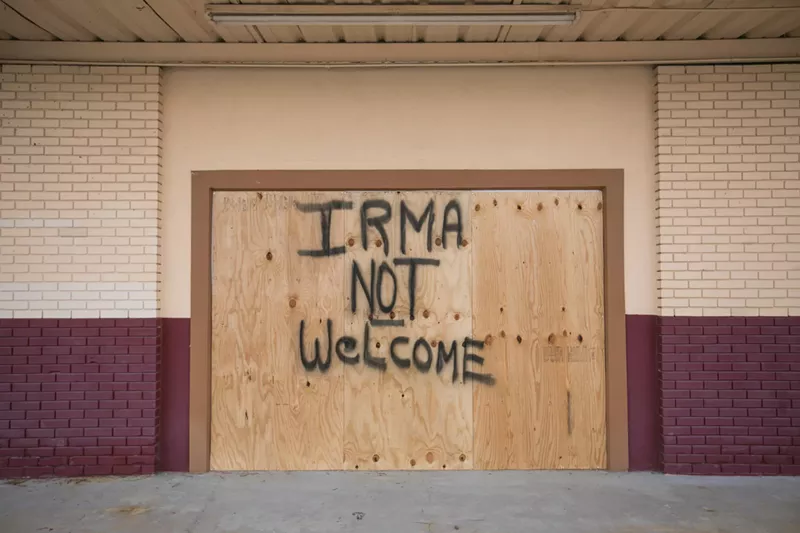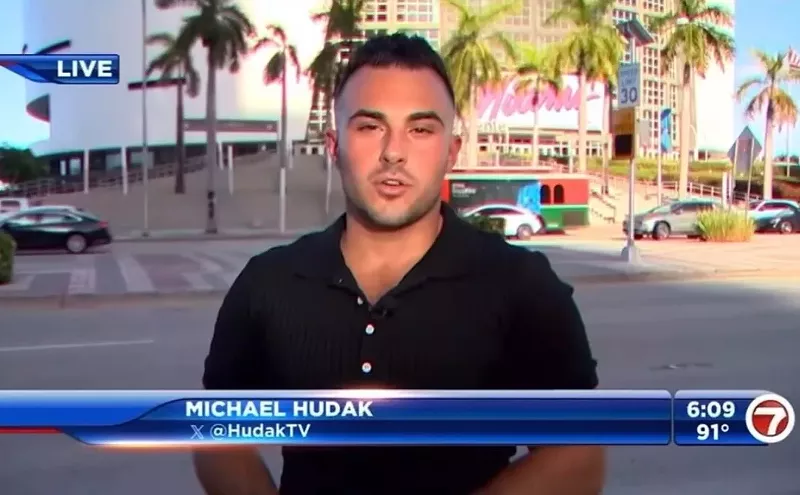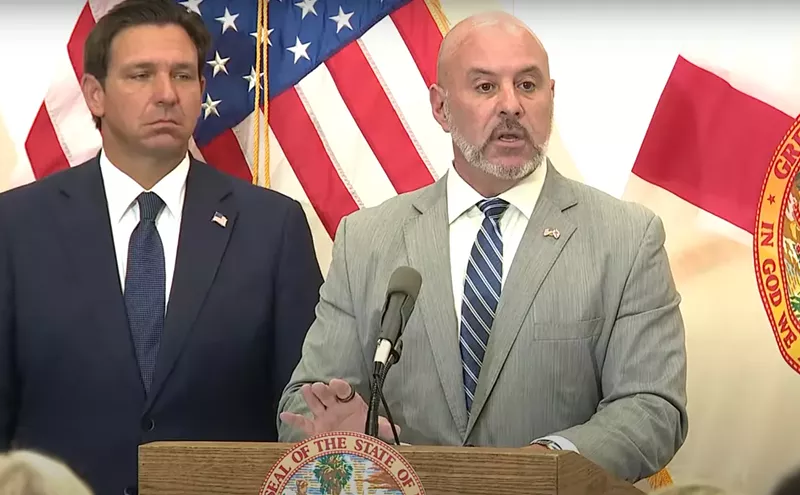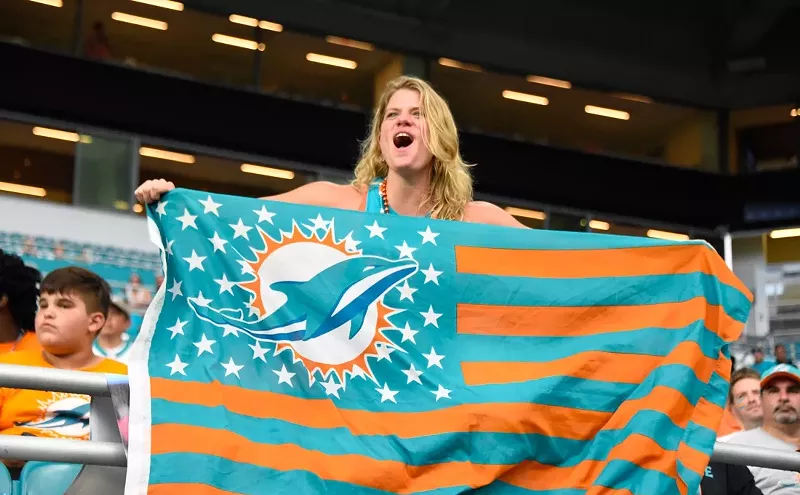"Everybody's power went out, but the impact of that is very different
To help those who are scrambling to pay their bills or pick up extra shifts, the team at the Community Justice Project has put together a guide (handily translated into English, Spanish, and Kreyol) with information and links that show how to apply for state and federal benefits. Here are five other financial relief programs that could help you balance your checkbook after a big storm:
1. Disaster Unemployment Assistance"The women in our community were ill prepared [for Irma]. Most of our people in Miami are living paycheck to paycheck." — Valencia #M4BW
— Power U (@PowerU305) September 20, 2017
Out of work due to Irma? If your workplace was damaged by the hurricane or you can't get to your job because of the wreckage, you might be eligible for disaster unemployment insurance, which kicks in after major storms and other natural disasters. In some cases, self-employed people who suffered a "substantial interruption" to their business can also qualify. In Florida, unemployed workers can apply online by October 16 to receive benefits between $120 and $275 a week.
2. Student Loan ForbearanceWish Irma washed away my student loan
— malice (@_mvalentinee) September 12, 2017
If you're one of the 44 million Americans with crushing student loan debt, there's a good chance paying back hundreds of dollars just isn't possible for you this month. By now, most borrowers should have received an email from their loan providers about forbearance options, which allow you to reduce your payments or even take a break for up to 90 days. If you're still having trouble paying, you can even apply for monthly extensions, according to the federal student aid office.
3. Food ReplacementThe most painful part of Irma for me is throwing out most of my fridge. Next grocery bill is going to really suck.
— Stephanie (@Sepanie523) September 12, 2017
After Irma, it's only natural to take a mental tally of how much your perishables cost every time you open the fridge. Unfortunately, that viral post you probably saw on Facebook about FPL or FEMA reimbursing you for food lost in the hurricane isn't true, but if you already receive food stamps, programs can help stretch your grocery budget. Residents in most affected Florida counties who already get SNAP benefits should automatically receive an additional 40 percent of their monthly allotment to replace lost food. Think your food loss was more than 40 percent of your monthly grocery benefits? Apply for additional funding from Florida's Department of Children and Families.
4. Mortgage or Rent ForgivenessYou don't have to pay rent if Irma takes out the leasing office pic.twitter.com/HjXdtfd0K9
— Mr. Melbourne (@melbourne_61) September 7, 2017
When Hurricane Harvey struck Houston August 25, many people were left with only a few days to scramble to get their mortgage or rent paid by the first of the month. If there's any silver lining to Irma, it's that it hit early enough in the month that Floridians have a bit more time to get their financial act together. Still, with many people losing work due to the storm, making payments for October won't be easy for many Miamians.
If you own your home, Fannie Mae and Freddie Mac have authorized lenders to cut you some slack for up to 90 days, though you'll need to contact your mortgage provider to formalize a forgiveness plan. If you're a renter, it doesn't hurt to contact your landlord to ask for extra time. If your rental property was damaged in the storm, Florida Legal Services recommends negotiating a reduced rent payment with your landlord or asking if you can temporarily move to another property. The team at Miami's Community Justice Project says you can also send a text, email, or certified letter informing your landlord of repairs that need to be made and letting them know you will not be paying October's rent if your home isn't fixed within seven days (read more about this strategy on the project's website before taking action). If your housing is unlivable due to hurricane damage, you can also apply for FEMA relocation funds.
5. Overdraft and Late Fee WaiversKey West friend's Social Securjty check came late but Keys Energy —which took a week to restore power—billed early & now he's overdrawn
— Marc Caputo (@MarcACaputo) September 19, 2017
The combination of irregular paychecks and exorbitant expenses this month makes overdrawing your bank account a real worry. If you're still being charged for overdrafts or late credit card payments, check with your bank — many companies have publicly stated they will automatically waive those fees, so make sure you're not getting charged. Chase says it will automatically waive or refund overdraft fees, ATM fees, and late fees through September 24, while Bank of America says it will automatically refund overdrawn balance charges, non-BoA ATM fees, and late payment fees. Many other banks are making similar accommodations for their customers, so don't be afraid to ask for fees to be waived if they're showing up on your account.













